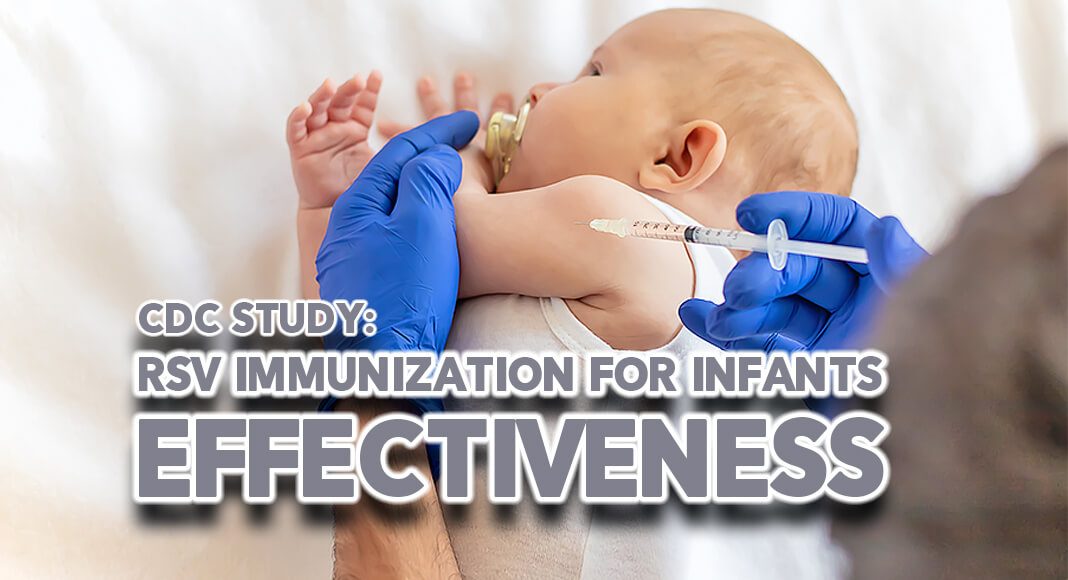
Mega Doctor News
New data released today in CDC’s MMWR show that nirsevimab, a long-acting monoclonal antibody product, was highly effective in protecting infants from hospitalizations associated with respiratory syncytial virus (RSV). RSV is the leading cause of hospitalization among infants in the United States, and this finding supports CDC’s recommendation to protect infants in their first RSV season by giving the infant nirsevimab if the mother did not receive the maternal RSV vaccine during pregnancy.
The current RSV season is the first time nirsevimab was available to protect infants from severe RSV, so the data released today are the first United States estimates of nirsevimab effectiveness in protecting infants against RSV-related hospitalization in their first season of potential exposure to the virus.
The study looked at 699 infants from October 2023 through February 2024 using early data from CDC’s New Vaccine Surveillance Network (NVSN), a population-based surveillance platform that monitors pediatric respiratory viruses to assess immunization effectiveness. Results show that nirsevimab was 90% effective at preventing RSV-associated hospitalization in infants during their first RSV season. These results reflect a shorter surveillance period due to the introduction of this new product in August 2023. Nirsevimab effectiveness may be lower over a full RSV season (October through March in most of the United States). With increasing availability of nirsevimab in future RSV seasons, CDC will assess its effectiveness over an entire season.
RSV prevention products remain our single most important tool to protect infants from RSV. Healthcare providers should recommend either:
- Infant immunization withnirsevimab for all infants who are younger than 8 months, born during or entering their first RSV season, if their mother did not receive the maternal RSV vaccine; or
- Maternal RSV vaccination – giving the RSV vaccine (Abrysvo) to pregnant people during weeks 32 through 36 of pregnancy if that period falls between September and January in most of the United States.
CDC continues to monitor the safety and effectiveness of nirsevimab and maternal RSV vaccines.










